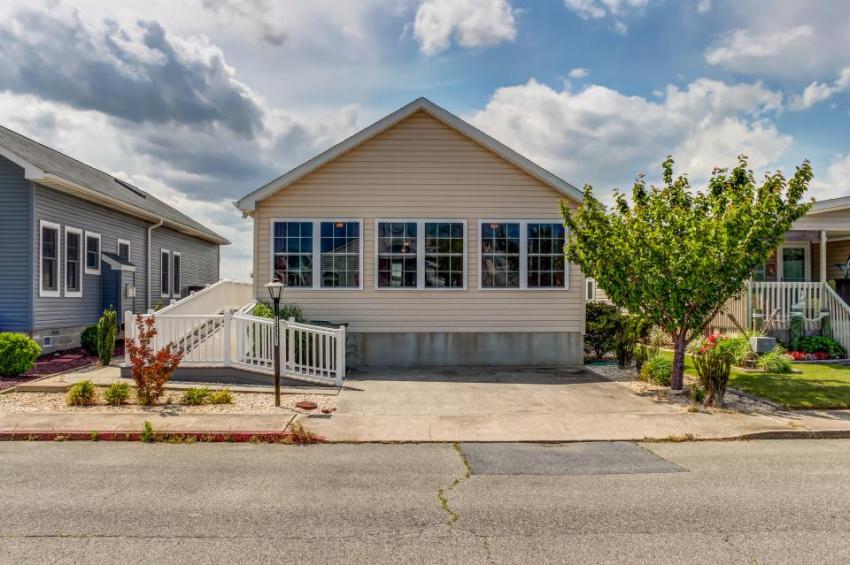
Airbnb is, at its core, an open community dedicated to bringing the world closer together by fostering meaningful, shared experiences among people from all parts of the world. Our community includes millions of people from virtually every country on the globe. It is an incredibly diverse community, drawing together individuals of different cultures, values, and norms. Being in a wheelchair is no fun, but it shouldn’t keep you from taking a vacation! That’s why Find Rentals is proud to offer this extensive directory of handicap friendly and wheelchair accessible vacation rentals.
From vacation rental homes with wheelchair ramps, to condos with elevators, and villas with extra bathroom and shower space, you can find it all here just a click away. Find that perfect accommodation that suites your special needs and enjoy your vacation. If we’re entering an era where these new types of hotels, which are essentially private homes, can’t offer accommodations, it defeats and undoes all of the progress we’ve made with the A.D.A. as far as equal access is concerned. People with disabilities deviate from the image of a typical customer, so the way they are discriminated against is hard to pin down but very real.
The gig economy has transformed many traditional business sectors, forcing regulators to play catch-up. Such businesses are typified not only by Airbnb, but all other lodging share companies, ridesharing companies including Uber and Lyft, and a broader swath of businesses including the grocery delivery service Instacart, or freelance worker sites like Task Rabbit, where workers can be summoned simply by using an app. All of these sites rely on scores of independent contractors who are, in effect, sole proprietors running their own companies. To improve access to homes by the disabled, the researchers suggest that Airbnb make sure hosts understand and follow federal disability guidelines, and engage with advocacy organizations and travelers with disabilities to understand their needs and frustrations.

The Airbnb community is committed to building a world where people from every background feel welcome and respected, no matter how far they have traveled from home. Our shared commitment to these principles enables every member of our community to feel welcome on the Airbnb platform no matter who they are, where they come from, how they worship, or whom they love. Airbnb recognizes that some jurisdictions permit, or require, distinctions among individuals based on factors such as national origin, gender, marital status or sexual orientation, and it does not require hosts to violate local laws or take actions that may subject them to legal liability. Airbnb will provide additional guidance and adjust this nondiscrimination policy to reflect such permissions and requirements in the jurisdictions where they exist.
Airbnb hosts may not
- Decline a guest based on race, color, ethnicity, national origin, religion, sexual orientation, gender identity, or marital status.
- Impose any different terms or conditions based on race, color, ethnicity, national origin, religion, sexual orientation, gender identity, or marital status.
- Post any listing or make any statement that discourages or indicates a preference for or against any guest on account of race, color, ethnicity, national origin, religion, sexual orientation, gender identity, or marital status.
Nevertheless, it’s still a matter of evolving case law and the courts have yet to weigh in on how lodging share sites like Airbnb will ultimately be governed by the various non-discrimination laws. With these dos and don’ts in mind, it’s also important to point out that Airbnb has been criticized by some legal experts for its mandatory arbitration clause, which all customers who want to use the service agree to, which prevents customers from seeking relief through court trials, or via class actions.